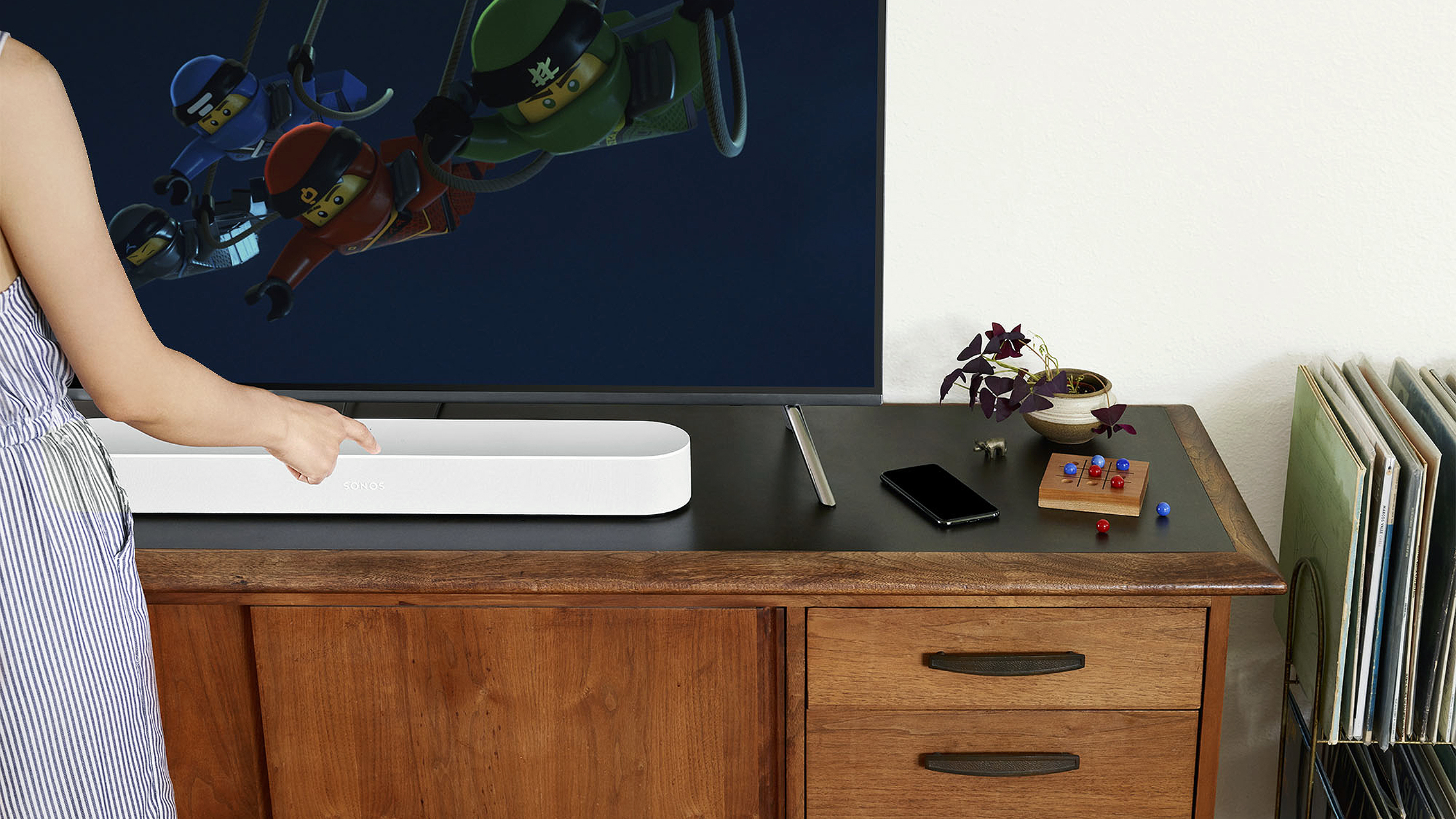

What's the difference between one of the best soundbars and surround sound? We get asked that a lot, and the simplest answer is that a soundbar is a kind of speaker system and surround sound is something that speaker systems can create.
Surround sound is all about having multiple speaker channels, each of which gets its own audio feed. So for example with a single-speaker (mono) setup, all your audio is sent to and comes out of a single speaker. With stereo, you have a left speaker and a right speaker, with different audio sent to each – so the drums might be in the middle, the guitar over to the left, the keyboards to the right. We're so used to that we don't really notice it.
With surround sound, there are extra speakers to make the sound appear to be coming from all around you – surrounding you, in effect. So in addition to left and right speakers you might have rear left and rear right speakers too. And with systems such as Dolby Atmos, you can also have speakers that are either above you or that bounce audio off the ceiling so that it sounds like it's above you. It's really impressive, especially in movies. Many surround sound systems also add a subwoofer, a specialised low-frequency speaker that adds serious punch to action movies and bass to music.
Until fairly recently, surround sound meant buying one of the best AV receivers and attaching multiple individual speakers. That's what I have at home, so my Xbox Series X, Apple TV and PlayStation 5 all connect to my Sony AV receiver and it then sends audio to the left and right speakers, to a centre speaker for clearer dialogue, to my two rear speakers and to my two upwards-firing Dolby Atmos speakers. It all sounds brilliant but it's also expensive if you're starting from scratch. I already had most of the speakers so I only needed to buy a pair of Dolby Atmos ones, but if I was taking my first steps into surround I'd have needed two front speakers, two up-firing speakers, two rear speakers, a centre speaker and a subwoofer. That's a lot of speakers, a lot of money and a lot of clutter.
Enter the soundbar. It gives your home entertainment a massive upgrade by delivering better sound in a single box – and you can use it to get surround sound too.
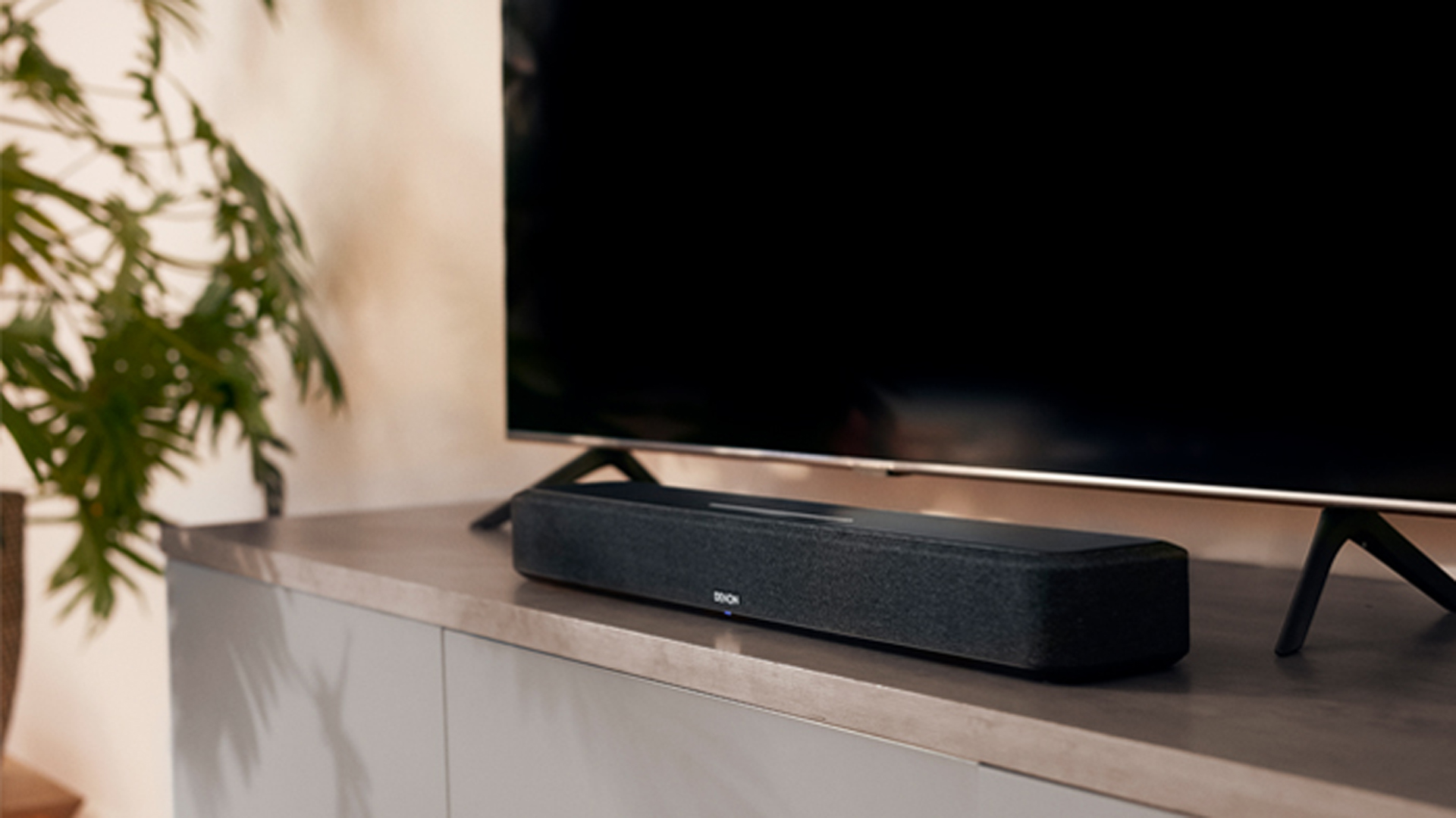
What is a soundbar?
A soundbar is a long, rectangular or oblong shaped speaker system that contains multiple speaker drivers and connects to your TV. It's usually designed to sit either under your TV or mounted on the wall, and its job is to replace all of those different surround sound speakers with a single soundbar. It'll typically contain at least left, right and centre speakers, but some of the more advanced models include more drivers, bass radiators for better low-end punch, and even additional upwards firing speakers for Dolby Atmos. Many soundbars can connect to subwoofers and rear speakers for the same kind of surround sound you'd get from a system like mine.
There's a second kind of soundbar, although it's a lot less common: a sound base. This is a soundbar that's been deliberately made wider and deeper so you can plonk your TV on top of it, which is handy for TVs whose legs don't allow other soundbars enough room.
Sign up to the T3 newsletter for smarter living straight to your inbox
Get all the latest news, reviews, deals and buying guides on gorgeous tech, home and active products from the T3 experts
Many soundbars also double as smart speakers, enabling you to command Alexa or Google Assistant. Some can also stream from music and TV services to your TV. And many enable you to stream music from your computer, tablet or phone so you can use them as Bluetooth speakers.
Some soundbars, such as Samsung's own soundbars for Samsung TVs, can work in harmony with your TV's own speakers, effectively turning your TV into a large central speaker.
The benefits are pretty clear: fewer speakers means less money and considerably less cabling.
Soundbars connect to your TV with a single cable, and many models' associated subwoofers and rear speakers are wireless so you can upgrade to full surround sound without running any cables.
The downsides? The small size of soundbars limits the size of the drivers they can contain, whereas with an AV receiver you can connect speakers of any size. That's not an issue if you don't tend to listen loud but the difference can be considerable if you do.
There's flexibility to consider too, particularly if you want full surround sound. My system is a mix of Tannoy, Yamaha and can't-remember-what speakers that I really like, but some soundbars will only talk to speakers and subwoofers from the same manufacturer.
And that can lead to the third thing, which is expense. If you take something like Sonos's smaller soundbar, the Sonos Ray, that's about $279/£279 – but if you want to add additional surround speakers, you need Sonos One SLs. They're $398 / £340 a pair, and until the newer, cheaper Sonos Sub Mini launches the Sonos Sub subwoofer will set you back $699/£629. The sound you'll get will be fantastic, but you'll be paying a lot more than I did.
The good new is that you don't need to spend anywhere near that much money for a great soundbar, and you can buy entire surround sound systems with a soundbar at the centre for considerably less cash. That's why I think it's important to check out our best soundbars guide so you can see the variety of systems, and compare them to the best AV receivers to decide which is best for you.
Writer, musician and broadcaster Carrie Marshall has been covering technology since 1998 and is particularly interested in how tech can help us live our best lives. Her CV is a who’s who of magazines, newspapers, websites and radio programmes ranging from T3, Techradar and MacFormat to the BBC, Sunday Post and People’s Friend. Carrie has written more than a dozen books, ghost-wrote two more and co-wrote seven more books and a Radio 2 documentary series; her memoir, Carrie Kills A Man, was shortlisted for the British Book Awards. When she’s not scribbling, Carrie is the singer in Glaswegian rock band Unquiet Mind (unquietmindmusic).
-
 I just played new Mario Kart on Switch 2, now June is too far away
I just played new Mario Kart on Switch 2, now June is too far awayIt might not be the 3D Mario game we'd expected, but Mario Kart World on Nintendo Switch 2 is super fun
By Mike Lowe
-
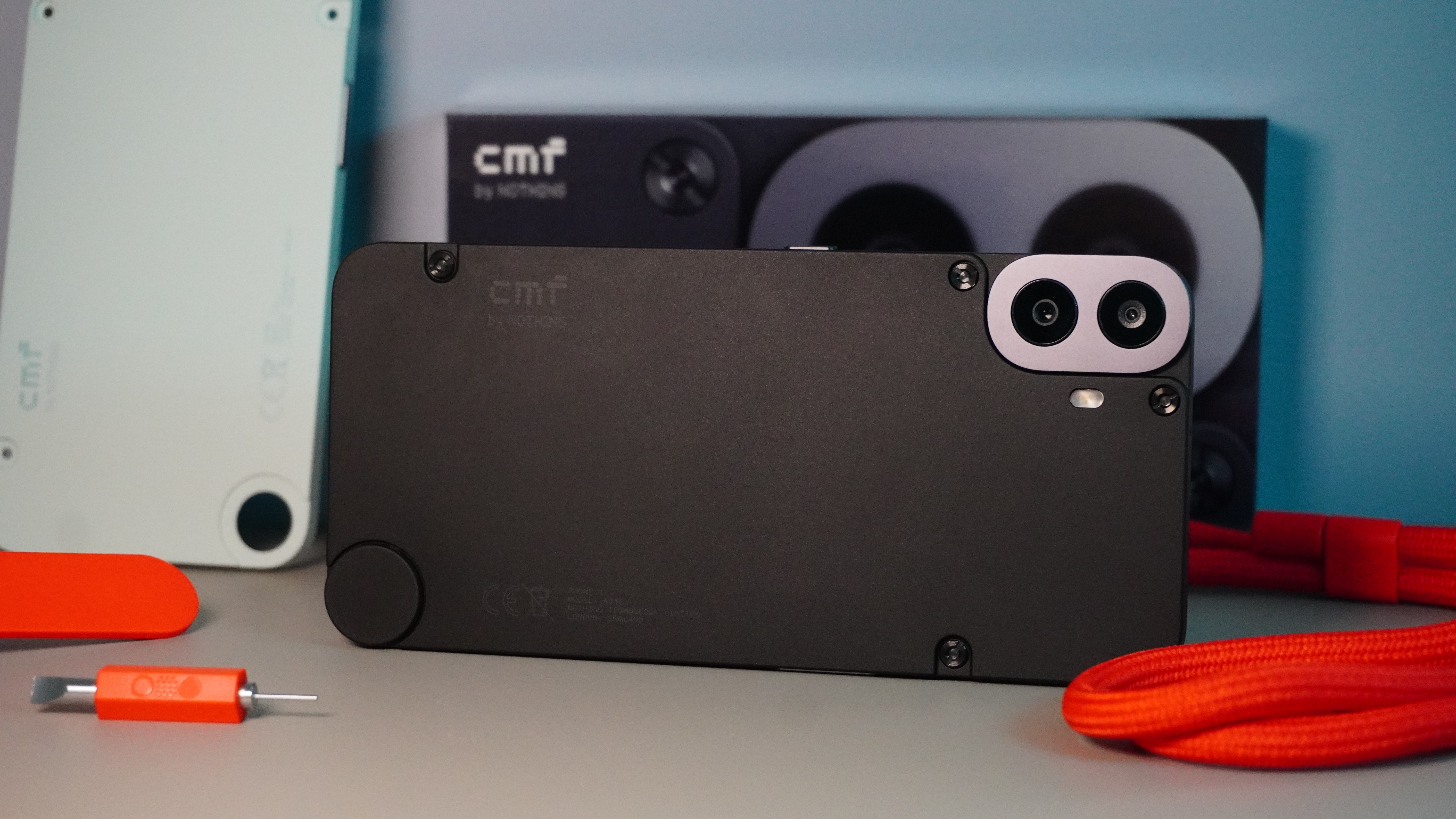 Nothing's next phone could be a budget powerhouse, thanks to this confirmed hardware detail
Nothing's next phone could be a budget powerhouse, thanks to this confirmed hardware detailOfficial details reveal more about the next phone coming from Nothing
By Chris Hall
-
 Sonos “closing gaps” in its app, but a full fix is far from finished
Sonos “closing gaps” in its app, but a full fix is far from finishedSome significant features are still absent, such as the playlist editing originally promised for November
By Carrie Marshall
-
 Apple TV rival cancelled by major competitor – but it might return in some form later
Apple TV rival cancelled by major competitor – but it might return in some form laterIf you were waiting for Sonos to launch its TV streaming box we've got some bad news
By Carrie Marshall
-
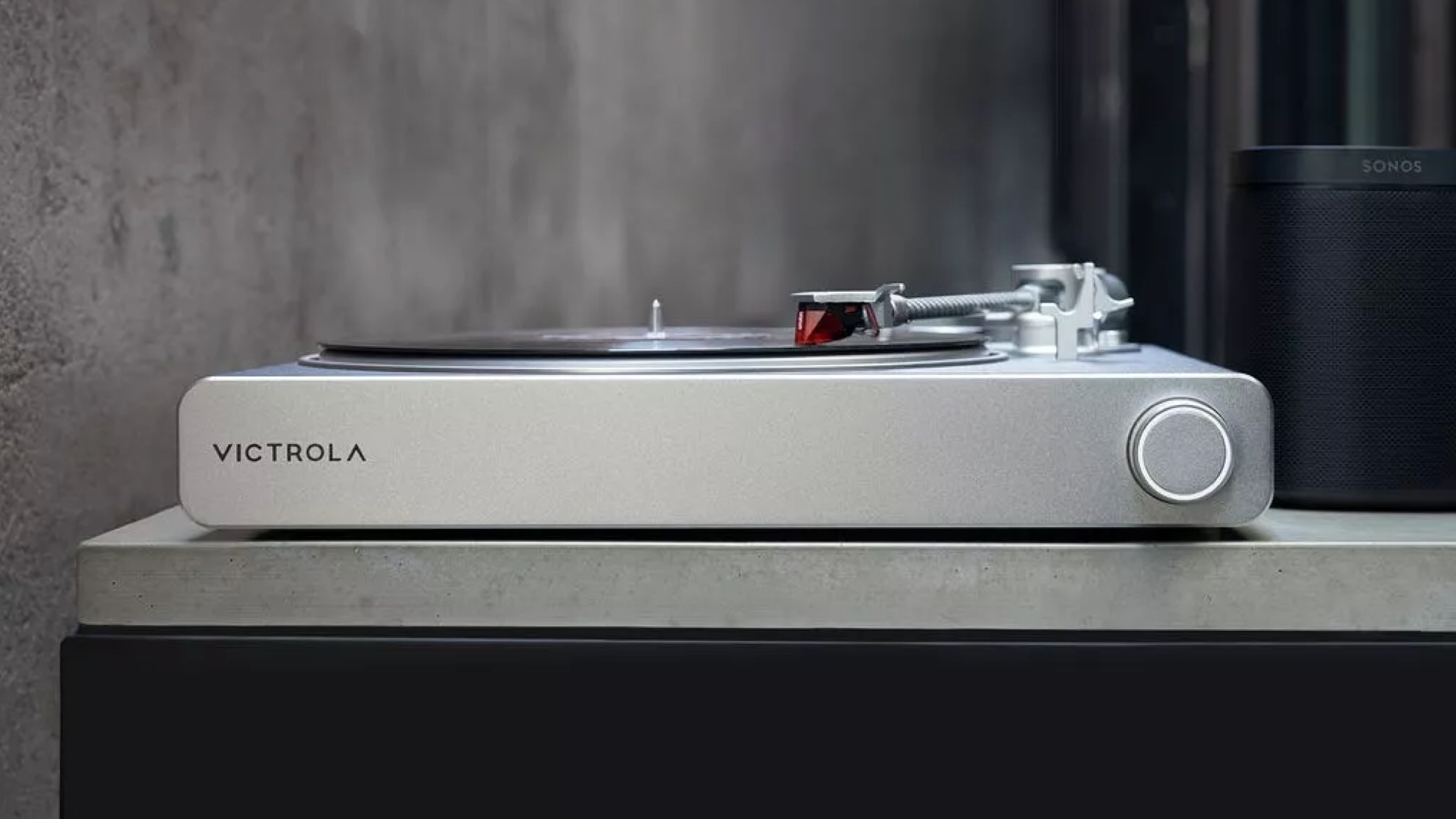 The Sonos-streaming turntable is getting an upgrade to make it more than Sonos
The Sonos-streaming turntable is getting an upgrade to make it more than SonosA free upgrade will give your Victrola turntable streaming superpowers
By Carrie Marshall
-
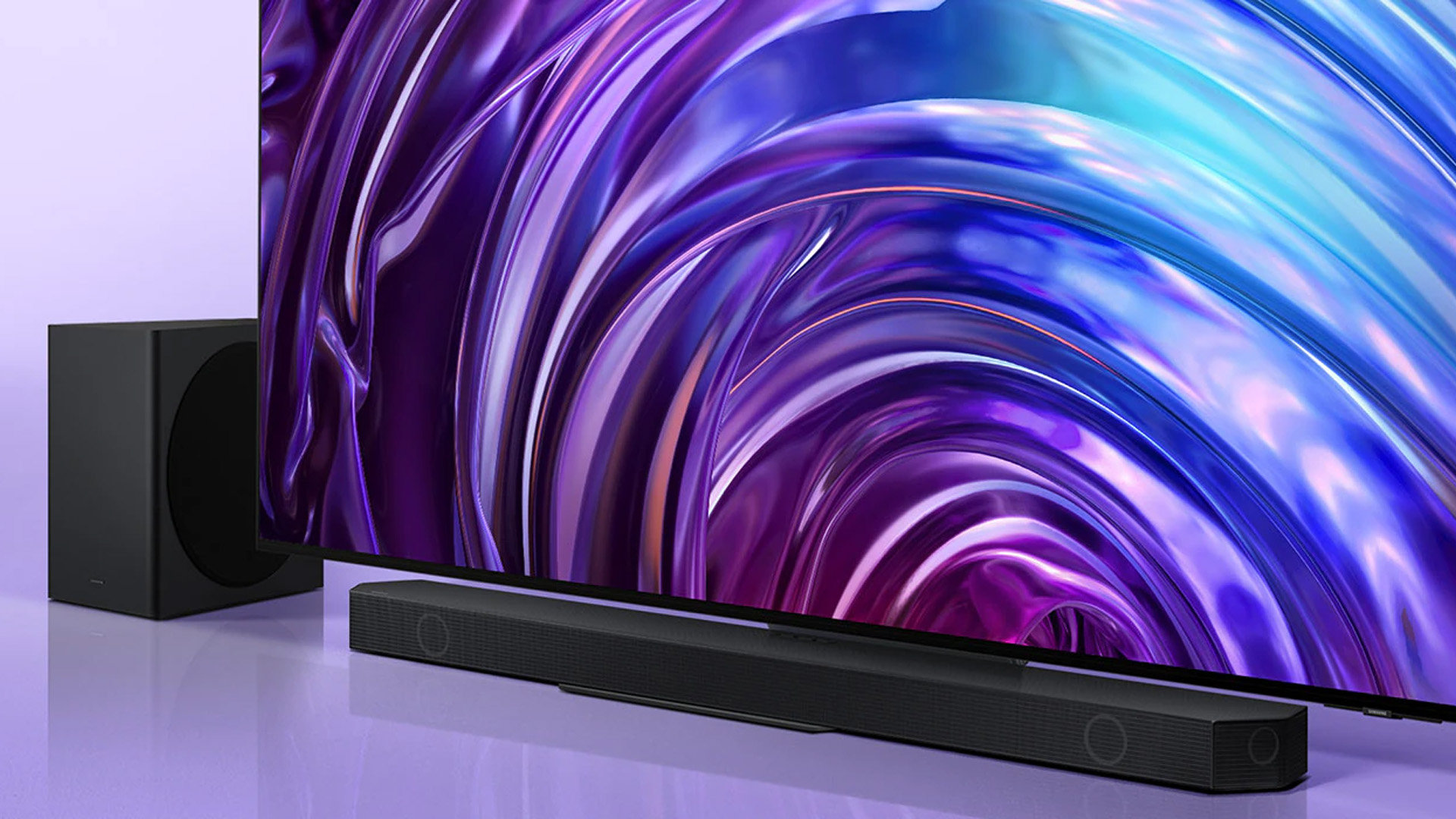 Samsung HW-Q800D review: perfect for almost any TV?
Samsung HW-Q800D review: perfect for almost any TV?This brilliant soundbar is a powerful addition to your setup
By Simon Lucas
-
 I tried a Hi-Res Audio player for the first time – and it's a game-changer
I tried a Hi-Res Audio player for the first time – and it's a game-changerThe Activo P1 brings the Hi-Res Audio experience for less cost than many
By Max Freeman-Mills
-
 Sonos planned a crazy new product for iPhone owners, but reportedly scrapped it
Sonos planned a crazy new product for iPhone owners, but reportedly scrapped itSonos had a plan for an iPhone accessory, but it didn't come to pass
By Chris Hall
-
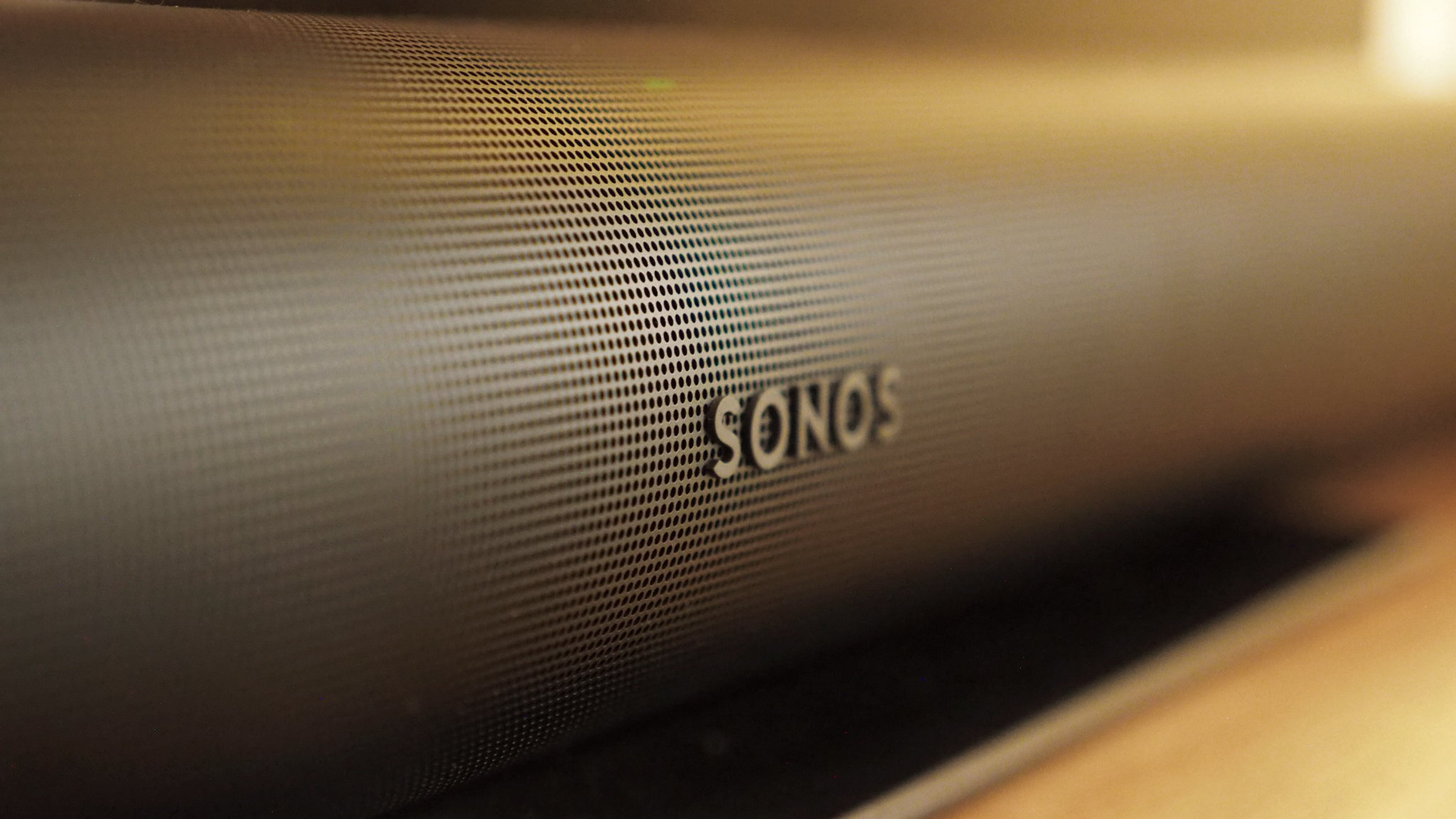 Sonos' streaming box is reportedly beautiful and could replace your Apple TV, except for one thing
Sonos' streaming box is reportedly beautiful and could replace your Apple TV, except for one thingEverything about Sonos's new streaming box sounds great... well, nearly everything
By Carrie Marshall
-
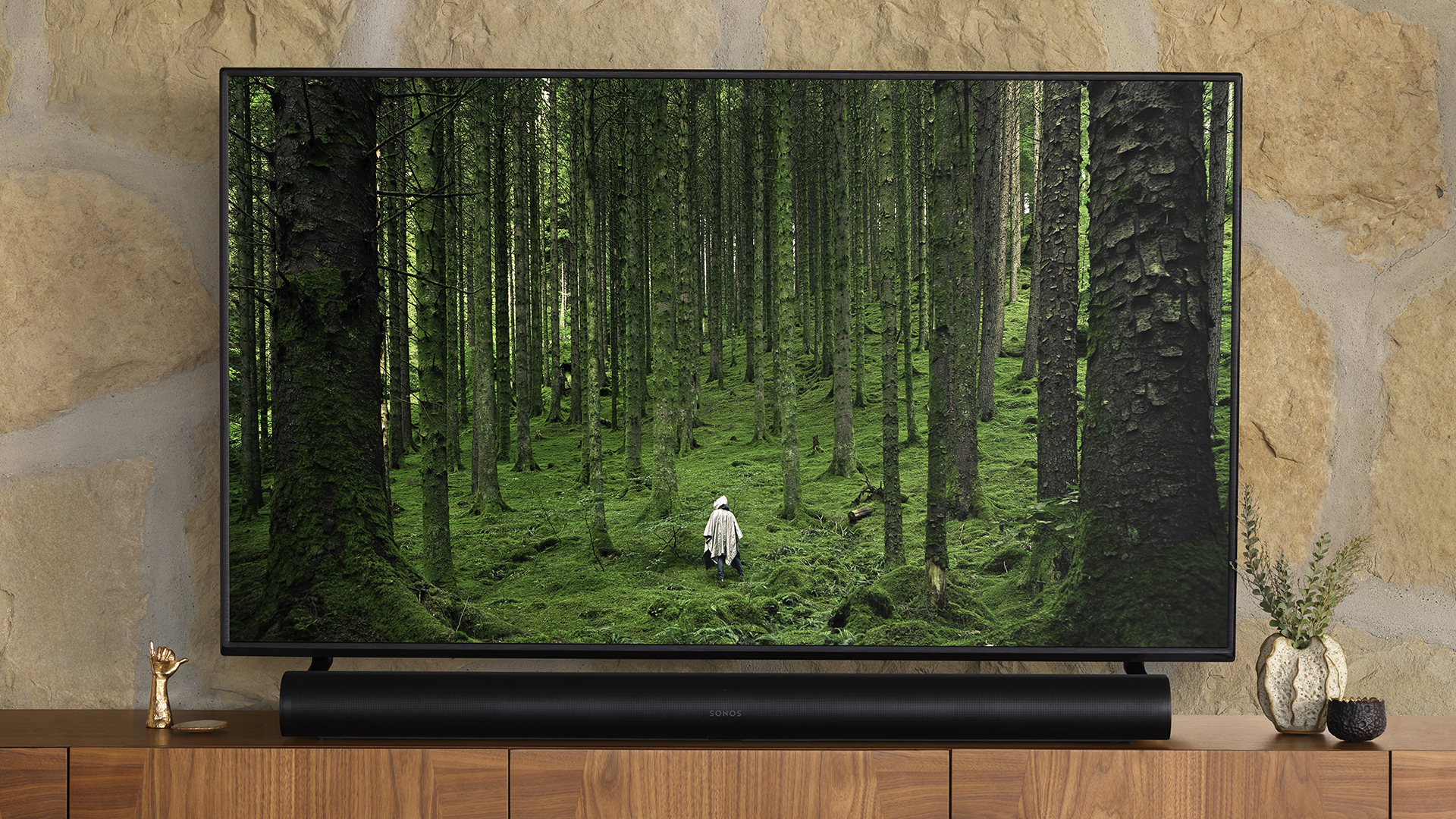 It’s the end of the line for the Sonos Arc
It’s the end of the line for the Sonos ArcSonos's superb soundbar has finally been discontinued – but for good reason
By Carrie Marshall